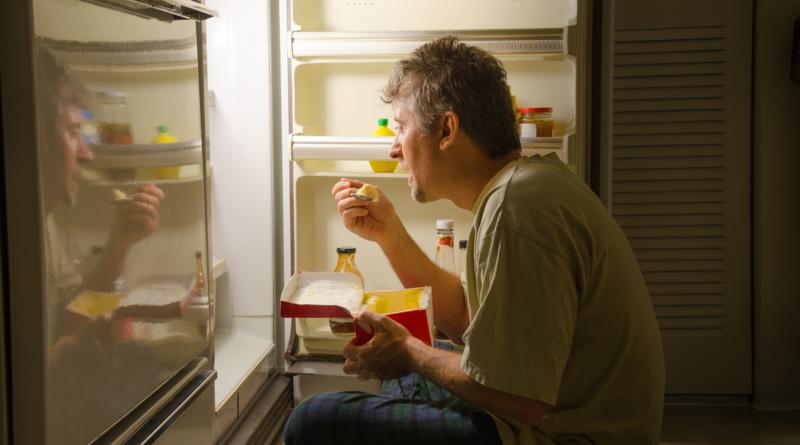Food Fiasco: Could You Be Overeating Without You Knowing?
It happens even to those who are religiously devoted to their diet regimens: overeating. When the weekend or holidays roll in, the extra plate of pasta, bread, and some mango crepes just get irresistible. But you recover. You pick up the slack, refocus yourself, and get back on your diet.
How To Tell If You Tend To Overeat
There’s just one problem, though: The number in the weighing scale still won’t budge. You’re left wondering how long you should pay for your Christmas binge-eating sins. The thing is that it’s not just that. There are a lot more instances, beyond the holiday feasting, that puts you in overeating mode—often without you knowing. If you really want to slim down and shape up, you have to quit these habits:
Eating mindlessly
Pay attention to what you do when you eat. There’s a good chance that you’re not just chewing or cutting the meat. You’re most likely scrolling through someone’s social media profile or watching your favorite TV show. You do this while also writing that email or finishing up a business report. It’s called mindless eating.
This leads to eating past full because you lose touch of your hunger and satiety signals. Your attention, which is supposed to be dedicated to listening to your body, is directed to somewhere else. By the time that you stop consuming all the chicken wings, you’re way, way past full. Fortunately, the fix for mindless eating is simple:
Remove the distractions. Make your dining table a tech-free zone. Eat slowly, like you’re savoring every bit of your food. It’s also good to have visual reminders of your fullness, for instance, finished plates and an empty wine bottle.
Eating only certain types of food
Most of the diet plans you see in the media today are all about shedding off certain groups of food. No carbs. No fats. No red meat. But a lot of nutritionists say that such a regimen can actually be unhelpful in the long run.
Yes, it can make you lose weight, but that may just be temporary. When you’re depriving yourself of important nutrients, you’re putting unnecessary stress on your body. When that tension becomes too much to bear, the tendency is to overeat the food you’ve long avoided.
In most instances, the weight gain could be greater than the weight you lost from when you started the diet. Don’t deprive yourself. Food is supposed to be a source of satisfaction. Let yourself eat what you want, but like all things, do it in moderation. It’s also best to consult professionals in planning your diet. Talk to nutritionists at weight loss centers in Orem

Eating with feelings
People sometimes use food to deal with emotions. You cook up your mom’s special meal when you’re nostalgic. You turn to ice cream and chocolates when you’re sad or frustrated. You eat your favorite food to nurse your feelings.
It’s not entirely a bad way to cope. But if what you eat becomes what you solely need for comfort and support, then that’s where the problem comes in. The result of that isn’t any good, either.
You feel guilty or shameful, which adds to the whole emotional turmoil you’re going through. So just be careful when reaching for your comfort food to relieve your emotions. The best thing to do is to still address struggles and problems head-on. Don’t hide behind the tub of ice cream.
Again, it’s not just your once-in-a-blue-moon binge eating that is making it hard for you to lose weight. You could be overeating without you knowing. You now know better, though. So avoid these habits mentioned to stay on track with your weight loss efforts.
